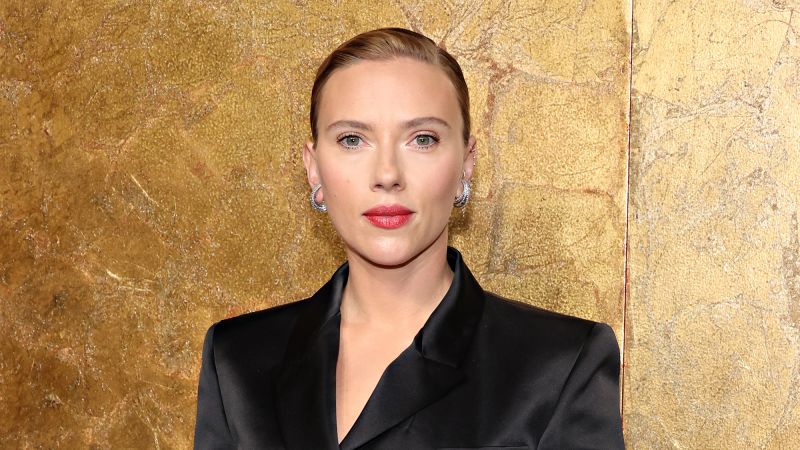Scarlett Johansson may potentially sue OpenAI for creating a voice assistant that sounds like her performance in the film “Her.” Legal experts believe she has a strong case, citing past cases and potential damages. The lack of industry oversight in AI and the need for greater protections for creators are highlighted in this situation.
The use of copyright law may not be applicable, as OpenAI claims it did not use Johansson’s actual voice but rather an actress using her own voice. However, a right-of-publicity claim could still be viable, given that many states, including California, where OpenAI is based, have laws protecting individuals’ likenesses from being misused for profit.
An analysis of past cases, including those involving Bette Midler and Tom Waits, demonstrates the potential legal issues that OpenAI may face. The company’s intent in creating the AI voice assistant may be a critical factor in determining liability in a potential lawsuit. OpenAI’s actions and public statements may have already weakened its defense.
The situation involving Johansson raises concerns about deepfakes and AI technology, highlighting the need for federal laws to protect individuals from unauthorized use of their likeness. Tech companies like Adobe have proposed legislation to address these issues, while lawmakers are also considering bills such as the NO FAKES Act and the No AI Fraud Act. However, there are concerns about potential loopholes and unintended consequences in these proposed laws.
The debate over publicity rights and AI in Congress reflects the broader effort to address the complexities of AI technology and its impacts on society. The issues surrounding AI-generated content, the use of deceased celebrities’ likenesses, and the balance between free expression and privacy rights are all part of the ongoing discussion on AI regulation. Overall, the legal landscape surrounding AI and intellectual property remains complex and continues to evolve.


